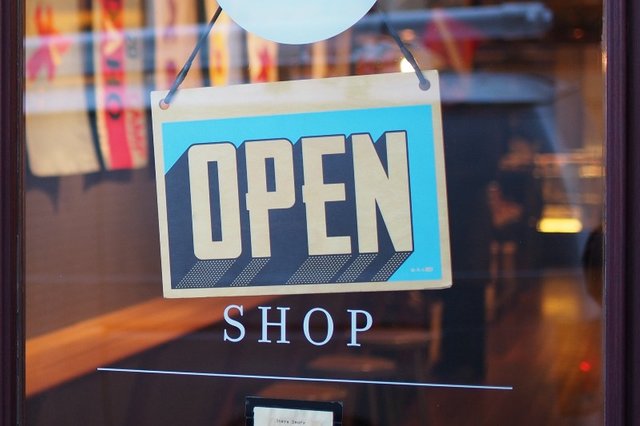How 2020 Changed My Spending Habits
2020 was tough for a lot of us. For me, it meant getting laid off, trying to maintain two mortgages, while trying to support my partner and myself through several additional expenses.
Normally, I don't purchase extravagant things, but I try not to worry so much about money when I had a full-time income and my condo is rented out. I make sure the money coming in is more than the money coming out, and I save and invest as much as I can.

But without a full-time income, I had to take a hard look at what I was buying and make sure I was not buying anything discretionary. It made me change my spending habits in three ways, and I'm going to carry that forward with me into 2021, even though there may be light at the end of the tunnel.
Spend less
Spending less was the first thing I did when I had to tighten my expenses. It wasn't about buying in bulk or purchasing generic brands of products in grocery stores either; it was my discretionary purchases: books that I wanted to read, electronic gadgets I thought I needed in my life, ordering takeout from restaurants, etc. I put a stop on all these purchases and I found that I really did not need any of them.
Spend slowly
The Minimalist podcast had a great episode on the rule of 30 for spending. The rule of 30 is this: any time you want to purchase something over $30, wait for 30 days. If you still need it after that time, buy it. But what ends up happening most of the time is that after 30 days, you forget about whatever you wanted to buy.
Before following the rule of 30, I would make big purchases, often without thinking about them or doing enough research. But waiting the 30 days, I would look at reviews, talk to friends and coworkers, peruse discussion forums, and really think about whether I wanted it, and whether I would use it enough to justify the purchase.
Spend consciously
On a recent podcast of Three Books, Neil Pasricha talks to Roger Martin, one of the foremost management thinkers in the world. Roger talked about how we should all think about how we spend our dollars.
For example, I love buying from Amazon. Free shipping. One-click ordering. Cheap prices. But any money I spend on Amazon ends up helping Amazon dominate the market further. And monopolies (if Amazon continually gains market share) aren't always a good thing - businesses operate differently as a monopoly.
Consider another story I heard from someone famous (sorry, I can't recall who it is). That famous person and their friend went to a local store to purchase bottled water. They found at the local store (owned by a family), that the bottled water was more expensive than purchasing at Wal-Mart or a big chain store. The famous person asked their friend, "why are we purchasing from here when we can purchase cheaper bottled water from Wal-Mart?" Their friend replied that COVID was going to be tough on everyone, and this local store, and the family that owned it, would need the help. Purchasing the more expensive bottled water helps the local store stay in business. Purchasing from big chain stores helps the big chain stores push out smaller stores.
The lesson? Distribute the money you spend on a variety of stores. Don't always spend on one store or site.
Final thought
2021 may very well be the year we come out of COVID, but 2020 was formative to my spending habits. Even when things go back to 'normal', I'll still be spending less, spending slowly, and spending consciously.